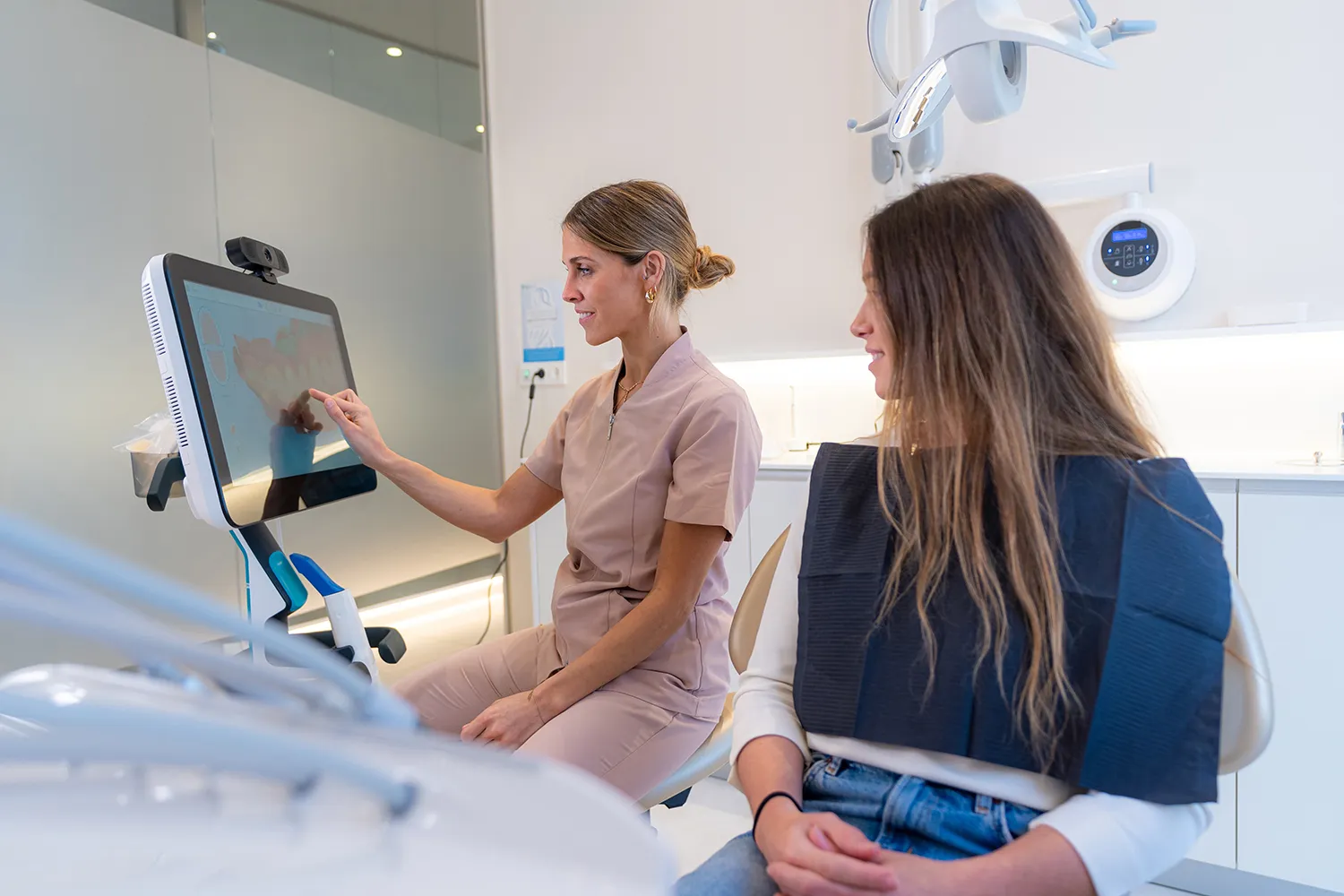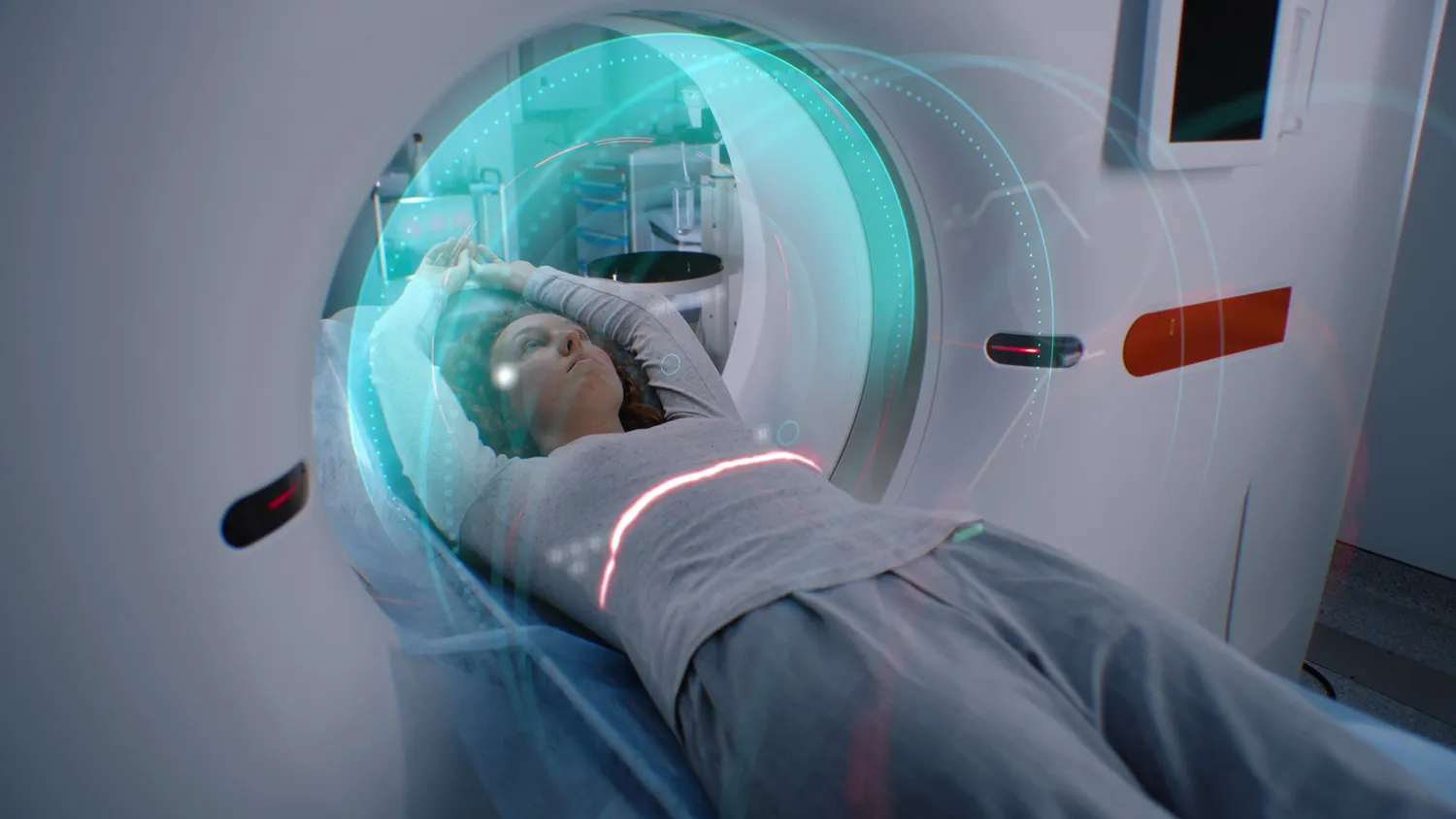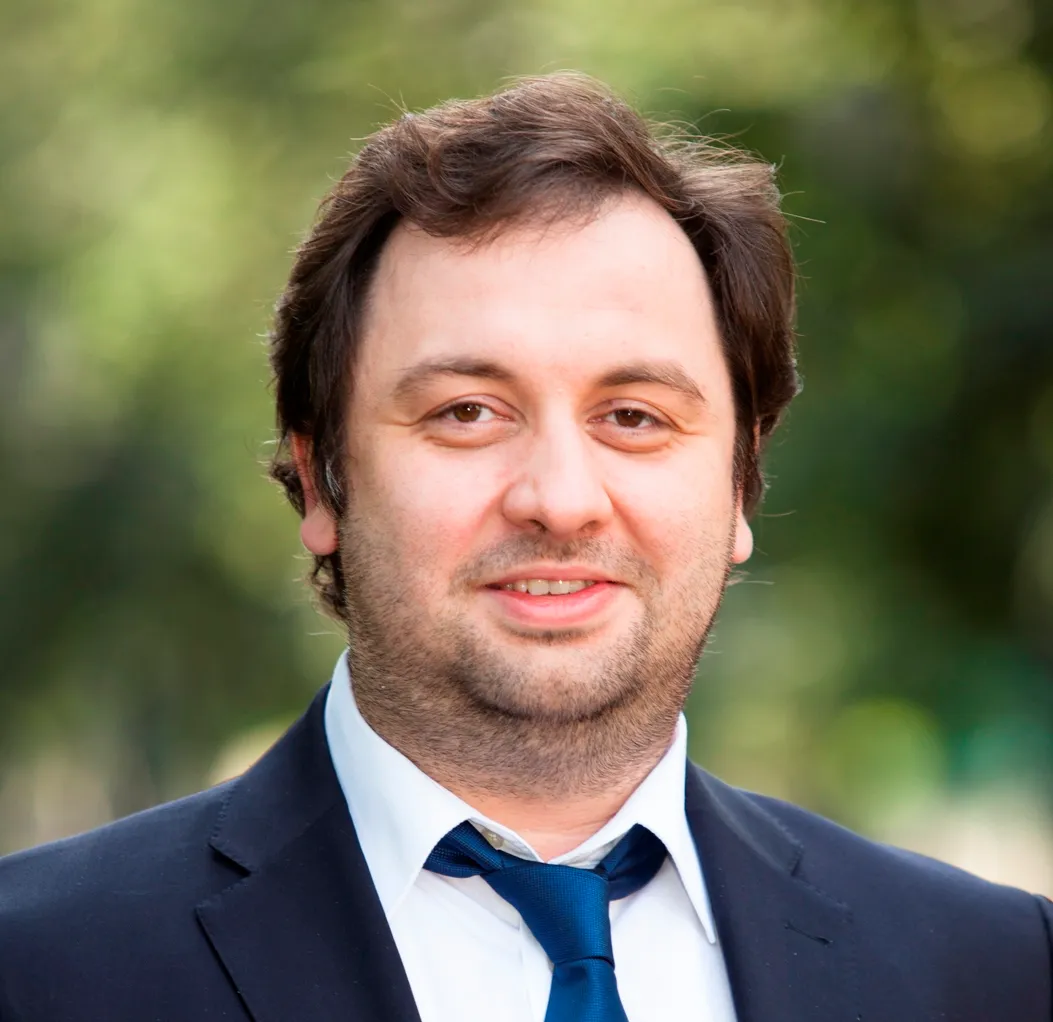Neural Networks Against Cancer: A Breakthrough in Russian Medical AI

In Ufa, researchers are developing neural networks capable of detecting cancer at early stages—marking a significant leap forward for Russia’s medical AI sector.
AI Moves from Theory to Clinical Practice
Russian healthcare is making a decisive move toward the future. In the city of Ufa, a new era of cancer diagnostics is emerging—powered by neural networks and artificial intelligence. Young researchers from Bashkortostan are developing tools that aim to improve diagnostic accuracy and potentially save thousands of lives through early detection.
Two projects are currently in the spotlight. Researcher Roman Yurovskikh has completed an automated diagnostic platform for prostate cancer. This breakthrough solution quickly analyzes medical images, significantly reducing time to diagnosis. Irina Davydova, meanwhile, has introduced a machine learning methodology for detecting kidney tumors using ultrasound. Her system relies on computer vision algorithms that can spot the smallest abnormalities—often invisible even to experienced clinicians.
Azat Bilyalov, Head of IT at Bashkir State Medical University (BSMU), explains that the university’s mathematical modeling lab is developing intelligent clinical decision support systems. 'We are not just helping doctors—we're transforming how diagnosis works: making it faster, more accurate, and personalized,' he says. The lab integrates advanced machine learning, mathematical physics, and bioprocess modeling techniques.

These projects aren't just shaping the future of Bashkortostan’s medical landscape—they are part of a broader national push toward digital health. By applying AI to ultrasound data, Russia is entering a new phase of healthcare AI. These solutions offer a path to reduce dependence on imported technologies and strengthen Russia’s domestic AI expertise in medicine.
Global Relevance and Export Potential
With healthcare systems in Asia, Africa, and Latin America struggling with severe physician shortages, Russian AI solutions are becoming increasingly strategic. Smart platforms that can automatically process medical images, analyze symptoms, and suggest treatment strategies aren’t just tools—they’re lifelines. Especially valuable are technologies that can be adapted to local clinical protocols and languages, enabling rapid deployment without extensive retraining.
Russian medical AI is more than code—it’s a form of technological diplomacy. As these tools are exported, they open doors for soft power, humanitarian outreach, and market access. Looking ahead, cross-border initiatives on AI ethics and regulatory certification could position Russia as a global leader in medical technology collaboration.
Transforming Clinical Standards
Russian neural networks are already showing impressive diagnostic performance. The GigaChat platform developed by Sberbank recently passed Russia’s official medical licensing exam for general practitioners, proving AI’s capability to assist in complex clinical scenarios.

AI applications in oncology have accelerated notably over the past five years. In 2025, Sechenov University unveiled OncoPro, an algorithm capable of detecting 16 types of cancer through blood tests and questionnaires. That same year, Galenos.AI received formal registration from Roszdravnadzor for its platform, which boasts 98% diagnostic accuracy in oncology.
What sets the Ufa projects apart is their focus on image-based diagnostics. These systems prioritize visual data from ultrasounds and employ advanced image analysis—critical in modern clinical workflows.
Looking Ahead: Implementation and Scale-Up
Experts see a bright future for these initiatives. Pilot programs in Bashkortostan, supported by local ministries, will deploy the platforms in hospitals and medical centers across the region.
Within five years, the technology is expected to expand across Russia, targeting additional ultrasound-based diagnostics—such as breast and abdominal conditions. Integration into federal systems, including the Ministry of Health and early screening centers, is also on the horizon.










































